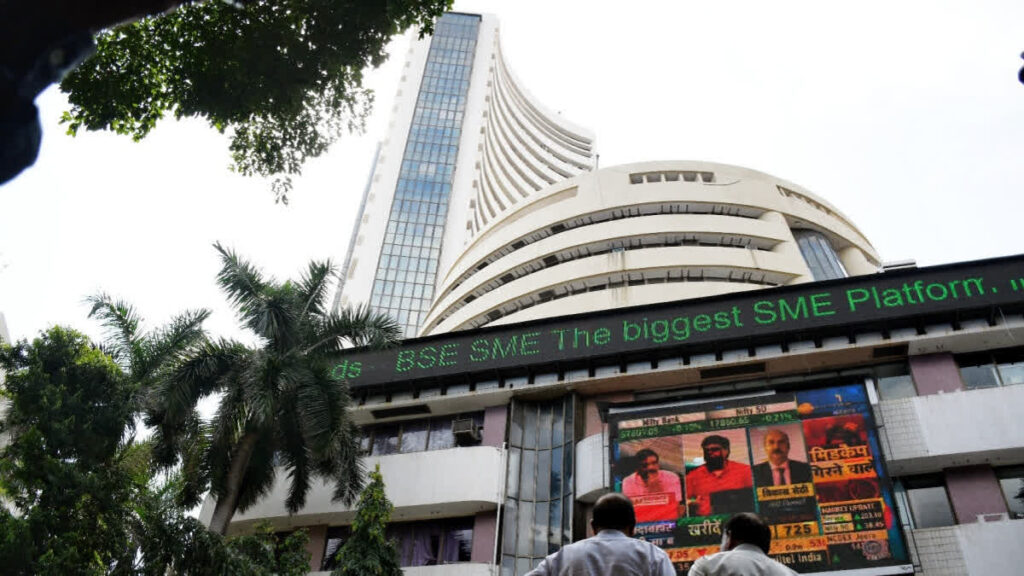Now Reading: New Delhi Downplays US Steel Tariff Impact, Citing Limited Export Volume
-
01
New Delhi Downplays US Steel Tariff Impact, Citing Limited Export Volume
New Delhi Downplays US Steel Tariff Impact, Citing Limited Export Volume

New Delhi, India – Amidst growing global concerns about rising protectionism, India has sought to minimize the potential impact of recent US tariff adjustments on its steel exports. While acknowledging the US as a significant trading partner, Indian officials have emphasized that the United States is not a major importer of Indian steel, thus limiting the potential fallout from the imposed measures. This stance reflects a calculated approach by New Delhi, balancing its concerns about trade barriers with a pragmatic assessment of the specific impact on its domestic steel industry.
The recent trade actions by the US, involving adjustments to tariffs on certain steel products, have sparked anxieties worldwide about a potential escalation of trade tensions. Many nations, including India, are closely monitoring the developments and evaluating the potential repercussions for their economies. However, New Delhi has adopted a measured tone, asserting that the direct impact on India’s steel sector is likely to be limited.
“The US is not a primary destination for our steel exports,” a senior official from the Ministry of Commerce stated, requesting anonymity due to the sensitive nature of the discussions. “While we are always concerned about protectionist measures anywhere in the world, the specific impact of these US actions on India’s steel industry is projected to be relatively small.”
This assertion is supported by trade data, which indicates that the US accounts for a relatively small percentage of India’s overall steel exports. While the exact figures fluctuate, the US typically represents a single-digit percentage of India’s total steel shipments abroad. This contrasts sharply with other major markets, such as those in Southeast Asia and the Middle East, which absorb a significantly larger share of India’s steel production.
The Indian government’s assessment also highlights the composition of India’s steel exports to the US. Officials suggest that the specific categories of steel products targeted by the US tariff adjustments do not significantly overlap with the types of steel that India typically exports to the US. This further mitigates the potential negative impact on Indian steel producers.
Despite downplaying the immediate threat, New Delhi remains vigilant about the broader implications of rising protectionism. Officials have reiterated India’s commitment to free and fair trade and have expressed concerns about the potential for a global trade war, which could have far-reaching consequences for all economies, including India’s.
“We believe in a rules-based multilateral trading system,” the official added. “Protectionism, in any form, is ultimately detrimental to global economic growth and stability. We hope that all nations will work together to address trade imbalances through dialogue and cooperation, rather than resorting to unilateral measures.”
New Delhi’s cautious approach also reflects its strategic considerations. While keen to protect its economic interests, India is also mindful of its broader relationship with the US, which has witnessed significant growth in recent years. India is keen to avoid any actions that could jeopardize this increasingly important strategic partnership.
Furthermore, India is actively diversifying its export markets for steel. Recognizing the inherent risks of over-reliance on any single market, Indian steel producers have been focusing on expanding their presence in other regions, including Africa, Latin America, and Southeast Asia. This diversification strategy is aimed at making the Indian steel industry more resilient to external shocks and reducing its vulnerability to trade policy changes in any one particular market.
The Indian steel industry itself has also been proactively adapting to the changing global trade landscape. Many companies have been investing in upgrading their production facilities, improving efficiency, and focusing on producing higher-value-added steel products. This focus on quality and specialization is aimed at enhancing the competitiveness of Indian steel in the global market, regardless of tariff adjustments or other trade barriers.
Experts believe that while the immediate impact of the US steel tariffs on India may be limited, the broader trend of rising protectionism is a cause for concern. They argue that India needs to continue to strengthen its domestic economy, improve its infrastructure, and enhance its manufacturing competitiveness to effectively navigate the challenges of a more uncertain global trade environment.
“While the direct impact on steel might be manageable, the larger picture is worrying,” commented a leading trade analyst. “India needs to be prepared for further disruptions in global trade flows and should focus on building a robust and competitive economy that can withstand these challenges.”
The current situation highlights the complex interplay of trade policy, economic interests, and international relations. While India has chosen to downplay the immediate threat of the US steel tariffs, it remains acutely aware of the larger risks associated with rising protectionism. New Delhi’s approach reflects a calculated balancing act, seeking to protect its economic interests while also maintaining its strategic relationship with the US and advocating for a more open and rules-based global trading system. The coming months will be crucial in determining whether this approach proves successful in navigating the increasingly complex global trade landscape.










